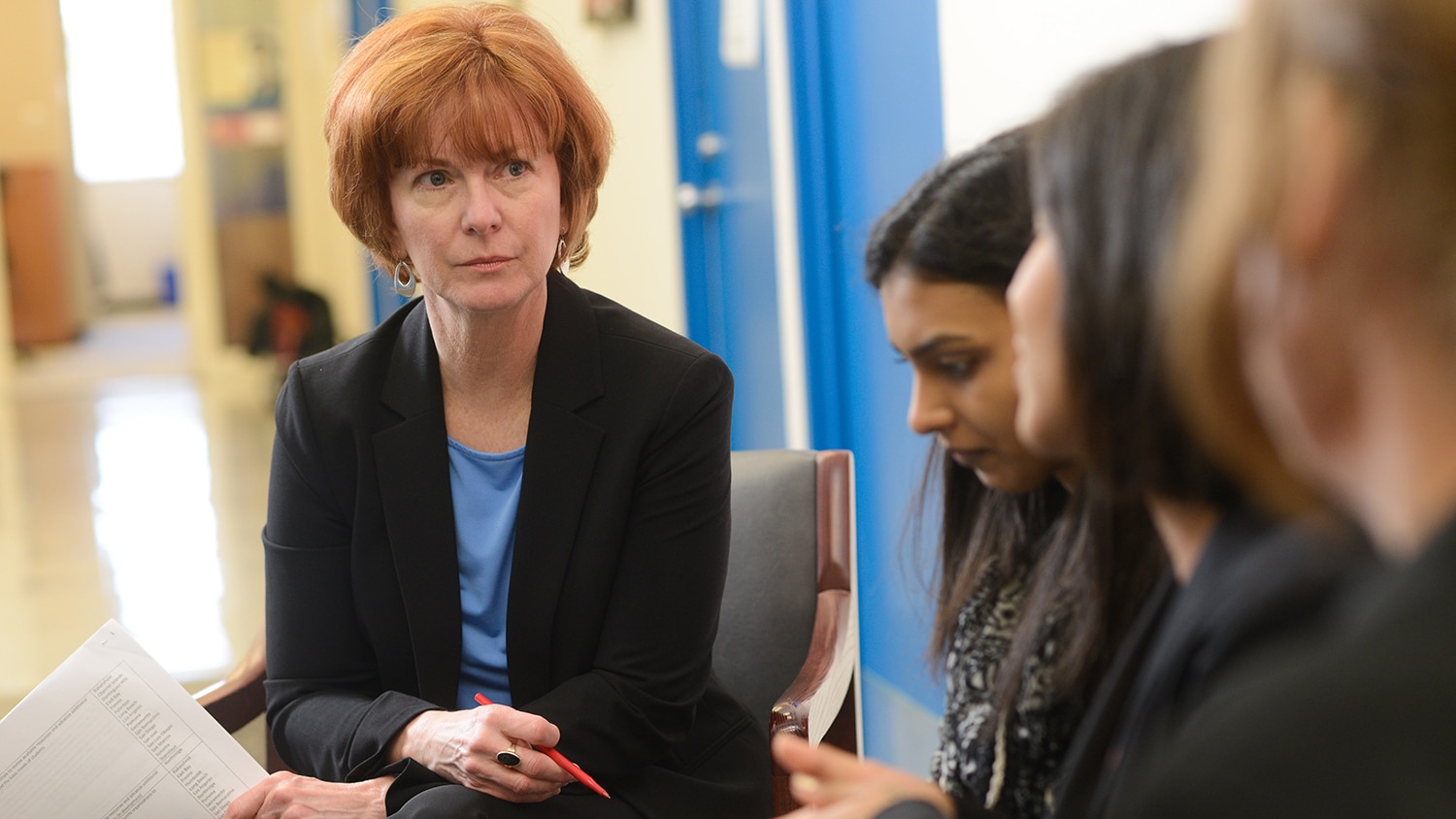More Students Struggle With Basic Needs Due to Pandemic
The economic fallout from the COVID-19 pandemic has hit students hard, resulting in a marked increase in food insecurity and homelessness. The toll on their mental health has been striking.

After a 2017 study found an alarming rate of food insecurity and homelessness among NC State students, the university rallied to solve the problem, expanding and promoting assistance programs such as Pack Essentials.
Despite these measures, a follow-up study conducted last fall shows that even the best efforts are no match for the dislocation and disruption wrought by a global pandemic.
Of the 1,400 students surveyed in the follow-up study, 23% reported having experienced food insecurity in the prior 30 days, and 15% said they had experienced homelessness since the start of the pandemic, seven months before the survey. In 2017, those numbers were 14% and 9.6%, respectively.
“I think we have to be more proactive. In many respects, we’re waiting for students to ask for help in an emergency situation,” says psychology professor Mary Haskett, the study’s lead author. “A lot of students are trying to suck it up the best they can.”
Ph.D. student Fola Olatunde can attest to that. Financial woes in the fall of 2019 left her without a place to live for six weeks while she waited for a flight home to her native Nigeria.
She was initially unaware of campus resources for students facing financial and housing difficulties, such as the Feed the Pack food pantry and Student Ombuds Services. She learned about those resources from staff in the Office of International Services.
Olatunde ultimately found temporary housing with friends from church. It was a fortunate turn of events.
“My plan was to sleep in the office space that was allotted to me as a graduate teaching assistant,” she says. “I was going to shower at the gym and study in the library. For six weeks I was going to sleep in a chair with my head on the table. I just could not imagine that.”
Haskett, co-chair of a campus committee examining the issue, is urging the university to hire a team of basic needs navigators to assist students who are struggling to make ends meet.
“Basic needs navigators can identify students who are most at risk and help them gain access to all the resources they are eligible for — federal, state, community and campus resources — to avoid crisis situations,” she says.
Basic needs insecurity has ripple effects, she explains, affecting students’ emotional well-being and academic performance. For example, nearly 90% of students who have experienced homelessness said their learning was negatively affected by their living situation.
Likewise, the toll on students’ mental health has been striking. Many students indicated that they rarely feel cheerful, calm or in good spirits. Those feelings were much more intense among students facing basic needs insecurity.
“This is a situation where your head and your heart can both benefit from additional resources,” says study co-author John Dorris, director of resource development and evaluation at NC State’s Industry Expansion Solutions.
Haskett is working with a group of campus and community volunteers to launch a host home program to prevent homelessness among college students in Wake County. The program matches students experiencing housing difficulties with community members offering temporary safe and affirming space in their homes.
- Categories:


